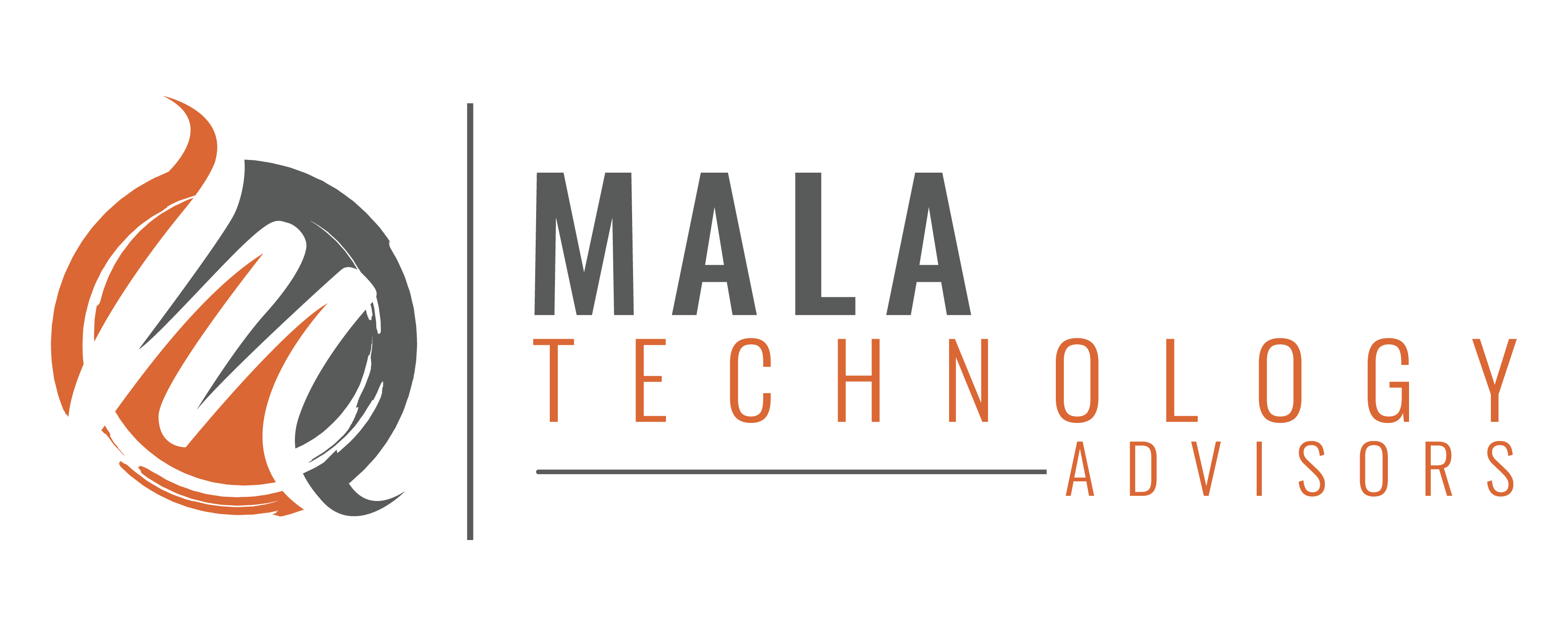STATE OF DISRUPTION REPORT 2021
In an enterprise climate where disruption is the norm, businesses live or die by their ability to meet constantly evolving conditions. Those that stay ahead of change — that anticipate it, evolve with it, and even help facilitate it — experience lasting success. Those that fail to adapt don’t stay afloat. In recent years, we’ve seen longstanding retail chains crushed by ecommerce, traditional booksellers supplanted by Amazon, and successful entertainment companies sunk by streaming. In short: Adapt or die.
But what does the imperative to transform mean for enterprise tech decision making? And what does the rate of technology change look like across industries and company sizes?
Report: State of Disruption 2021
MALA Technology Advisors is pleased to deliver the 2021 State of Disruption Report, which leverages survey data to evaluate the rates at which newer technologies are displacing older ones. MALA Technology Advisors surveyed 500 US-based enterprise technology decision-makers at either the C-suite or management/VP level in IT, security, or finance. The State of Disruption Report was designed and executed to reveal the state of digital transformation efforts, the increased role of the Trusted Advisor and the rate at which disruptive technologies are replacing their predecessors.
Key takeaways from the report include:
- Nearly half of the respondents intend to grow their usage of SD-WAN
- Nearly 60% of respondents expect to increase or significantly increase their use of MPLS.
- Customer interest in UCaaS surged 86% at the outset of the COVID-19 crisis
- The highest uptake and growth for CCaaS is currently in the Healthcare/Medical vertical with an anticipated 40% rate of displacement.
- Nearly two thirds of the respondents report working with Trusted Advisors in support of their IT decision-making process
- Roughly 70% of respondents fear that a successful security breach could cause them to lose their jobs.



